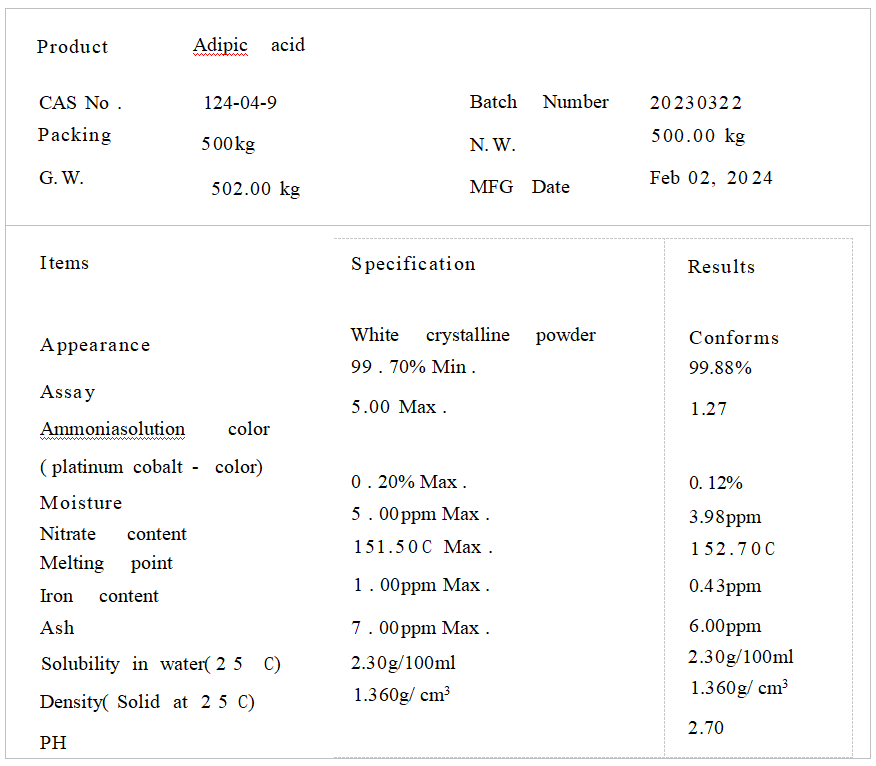Warning: Undefined array key "title" in /home/www/wwwroot/HTML/www.exportstart.com/wp-content/themes/1198/header.php on line 6
Warning: Undefined array key "file" in /home/www/wwwroot/HTML/www.exportstart.com/wp-content/themes/1198/header.php on line 7
Warning: Undefined array key "title" in /home/www/wwwroot/HTML/www.exportstart.com/wp-content/themes/1198/header.php on line 7
Warning: Undefined array key "title" in /home/www/wwwroot/HTML/www.exportstart.com/wp-content/themes/1198/header.php on line 7
- Afrikaans
- Albanian
- Amharic
- Arabic
- Armenian
- Azerbaijani
- Basque
- Belarusian
- Bengali
- Bosnian
- Bulgarian
- Catalan
- Cebuano
- China
- China (Taiwan)
- Corsican
- Croatian
- Czech
- Danish
- Dutch
- English
- Esperanto
- Estonian
- Finnish
- French
- Frisian
- Galician
- Georgian
- German
- Greek
- Gujarati
- Haitian Creole
- hausa
- hawaiian
- Hebrew
- Hindi
- Miao
- Hungarian
- Icelandic
- igbo
- Indonesian
- irish
- Italian
- Japanese
- Javanese
- Kannada
- kazakh
- Khmer
- Rwandese
- Korean
- Kurdish
- Kyrgyz
- Lao
- Latin
- Latvian
- Lithuanian
- Luxembourgish
- Macedonian
- Malgashi
- Malay
- Malayalam
- Maltese
- Maori
- Marathi
- Mongolian
- Myanmar
- Nepali
- Norwegian
- Norwegian
- Occitan
- Pashto
- Persian
- Polish
- Portuguese
- Punjabi
- Romanian
- Russian
- Samoan
- Scottish Gaelic
- Serbian
- Sesotho
- Shona
- Sindhi
- Sinhala
- Slovak
- Slovenian
- Somali
- Spanish
- Sundanese
- Swahili
- Swedish
- Tagalog
- Tajik
- Tamil
- Tatar
- Telugu
- Thai
- Turkish
- Turkmen
- Ukrainian
- Urdu
- Uighur
- Uzbek
- Vietnamese
- Welsh
- Bantu
- Yiddish
- Yoruba
- Zulu
జూలై . 30, 2024 16:10 Back to list
Comparative Analysis of Cyclamate and Aspartame as Artificial Sweeteners in Food Industry Applications
Cyclamate and Aspartame A Comparative Analysis of Artificial Sweeteners
Artificial sweeteners have gained popularity over the past few decades as alternatives to sugar, especially among individuals seeking to reduce caloric intake or manage diabetes. Among these sweeteners, cyclamate and aspartame are two of the most commonly used. Although both serve to mimic the sweetness of sugar, they differ significantly in their chemical composition, sweetness levels, safety profiles, and regulatory status.
Cyclamate, discovered in the 1930s, is approximately 30 to 50 times sweeter than sucrose (table sugar). It is often used in combination with other sweeteners to enhance flavor profiles in various foods and beverages. Cyclamate has been widely used in countries around the world, especially in Europe, for its cost-effectiveness and sugar-like taste. However, its use came under scrutiny in the 1970s when studies indicated potential links to cancer in laboratory animals. As a result, cyclamate was banned in the United States in 1970. Despite this, it continues to be approved for use in many other countries, where its safety has been reaffirmed by several health organizations.
Aspartame, on the other hand, is a more recently developed sweetener that was first introduced in the 1980s. It is approximately 200 times sweeter than sucrose. Aspartame is composed of two amino acids, aspartic acid and phenylalanine, which are natural constituents of many protein-containing foods. Because of its intense sweetness and low-calorie content, aspartame has become widely used in diet sodas, sugar-free candies, and various low-calorie products. The safety of aspartame has been extensively studied, and numerous health authorities, including the FDA, EFSA, and WHO, have deemed it safe for human consumption. However, it must be avoided by individuals with phenylketonuria (PKU), a rare genetic disorder that makes it difficult for the body to metabolize phenylalanine.
cyclamate and aspartame

When comparing the two sweeteners, one of the most significant differences lies in their regulatory status. While cyclamate has been banned in the U.S. for decades over safety concerns, aspartame has undergone rigorous testing and has been deemed safe for consumption by multiple regulatory agencies. This discrepancy raises questions about the consistency and reliability of safety assessments for food additives.
In terms of public perception, aspartame has also been more successful in overcoming skepticism regarding artificial sweeteners. Despite facing its own controversies and the proliferation of conspiracy theories linking it to various health issues, extensive scientific research has supported its safety. In contrast, cyclamate continues to be viewed with caution, particularly in regions influenced by American regulatory standards.
From a practical standpoint, both cyclamate and aspartame have unique applications in food and beverage production. Cyclamate's cost-effectiveness makes it a desirable option for manufacturers looking to reduce costs, especially in large-scale production. Meanwhile, aspartame's superior sweetness profile allows for its use in a broader array of products without the aftertaste associated with some other sweeteners.
In conclusion, both cyclamate and aspartame represent significant advancements in our quest for sugar alternatives. While aspartame enjoys a more favorable reputation due to its broader acceptance and rigorous safety validation, cyclamate's future remains uncertain, especially in regions influenced by U.S. regulations. Consumers should stay informed about the sweeteners they choose, considering both scientific findings and personal health needs. As the quest for healthier alternatives continues, the dialogue around these sweeteners will likely evolve, shaping the future of food production and consumption.
Latest news
-
Certifications for Vegetarian and Xanthan Gum Vegetarian
NewsJun.17,2025
-
Sustainability Trends Reshaping the SLES N70 Market
NewsJun.17,2025
-
Propylene Glycol Use in Vaccines: Balancing Function and Perception
NewsJun.17,2025
-
Petroleum Jelly in Skincare: Balancing Benefits and Backlash
NewsJun.17,2025
-
Energy Price Volatility and Ripple Effect on Caprolactam Markets
NewsJun.17,2025
-
Spectroscopic Techniques for Adipic Acid Molecular Weight
NewsJun.17,2025

